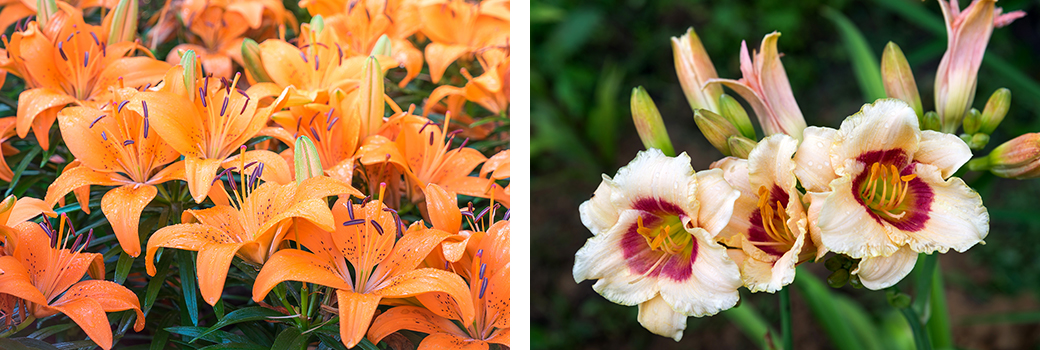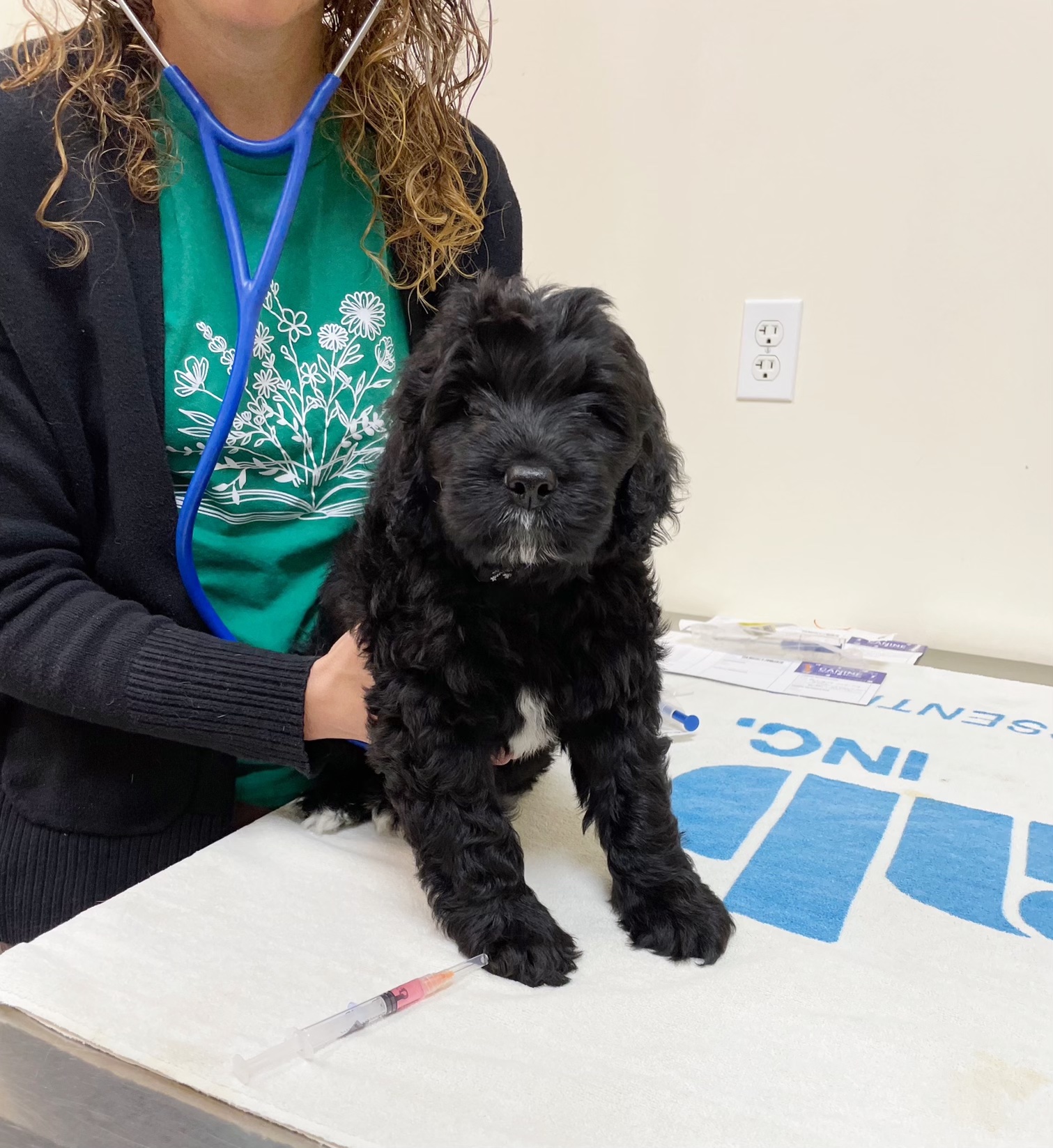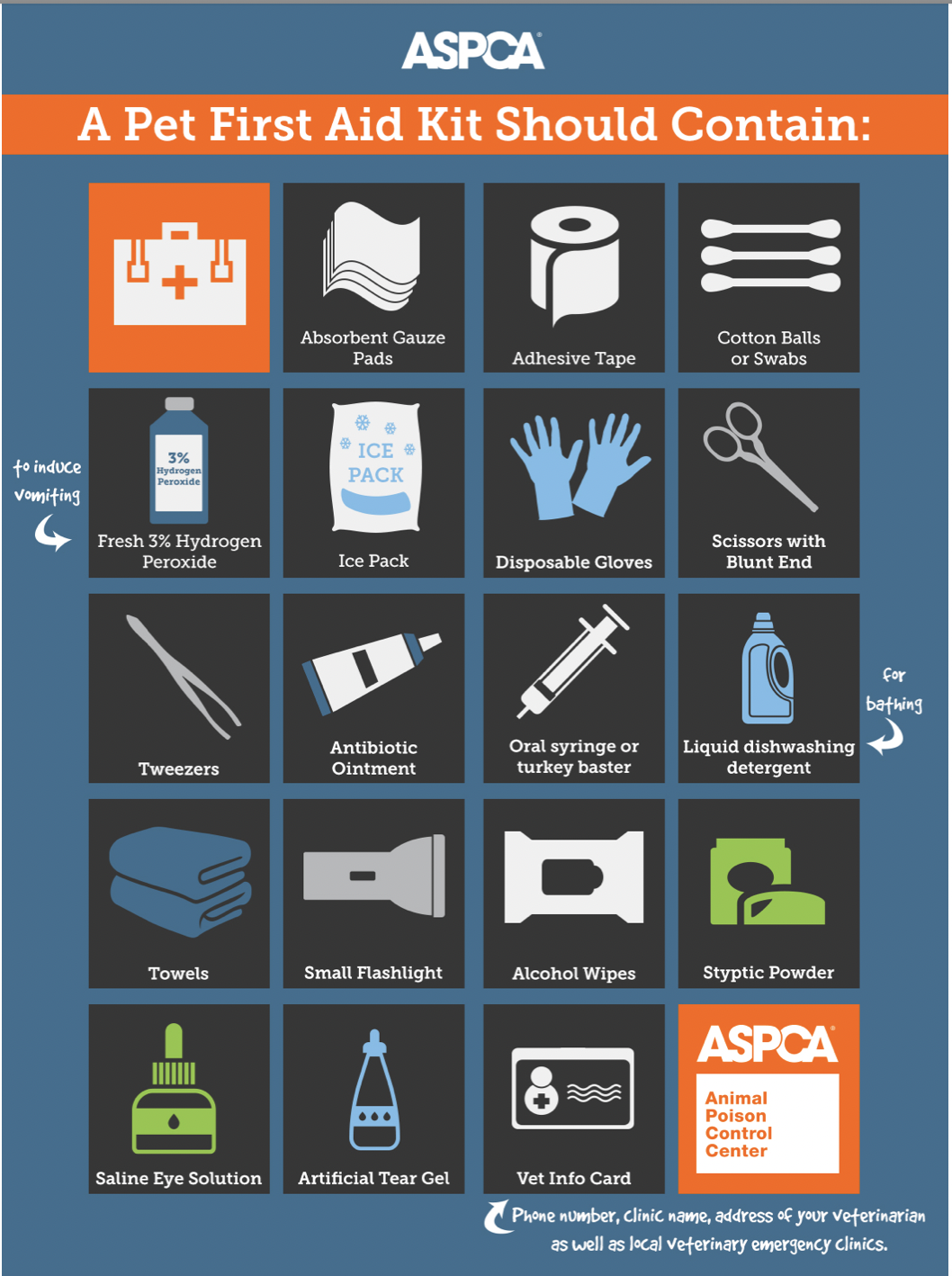HEALTH & WELLNESS SPRING/SUMMER 2024 The Mission of the Health and Wellness Committee is to develop plans to protect and improve the health of our Breed through education, screening tools and working with other Regional PWD Clubs and the PWDCA. As stated on the PWDCA's official website, "Responsible breeding practices are encouraged to reduce or eliminate hereditary health problems which can lead to increased veterinary costs, decreased quality of life, and/or premature death." We will bring many important health and wellness related topics to our members on our Health and Wellness web page and in our News Buoy, on our social media outlets such as Facebook and Instagram, and email, just to name a few. |
CIRDC Virus is on a slow down! |
|
Hear Any Rumors Lately?
|
Spring & Summer Tips As spring and summer progress, we are spending more time outside with our dogs. From gardening to vacations to walking, read about some spring and summer time tips to keep you and your 4-legged friends safe and happy outside! |
Garden Safety Tips We work hard to have a beautiful outdoor space and yard but some of those beautiful blooms are toxic to our animals. Some examples include lilies, tulips, hyacinths, irises, crocuses, and daffodils.
If you are concerned your dog ingested a toxic product or plant, ASPCA recommends you contact your veterinarian or call Animal Poison Control Center (APCC) at 888-426-4435. ASPCA Keeping your Springtime Garden Safe for Your Pets | Outdoor Enthusiasts, Listen Up! During the spring and summer, we like to enjoy more outside time with our dogs! Keep up with tips from the AVMA to prevent disease for you and your animal companions this season here. https://www.pinterest.com/pin/222576406573785494/ And as you are out and about beware of the harms of foxtails to our pets! Be cautious of various hazards when moving through long grass and read more about this from the AKC here. Finally, humans aren't the only ones with seasonal allergies! In dogs, the most common symptom of allergies is itchiness. This can show up as typical scratching, rubbing against the carpet or fence, licking paws, etc. Know how to identify and diagnose allergies by learning more from the links below: Illinois College of Veterinarian Medicine 'Tis the Season for Pet Allergies Tufts Now How Seasonal Allergies Affect Your Pet DVM 360 It's Spring and My Pet Itches! A Look at Seasonal Allergies |
Useful Tools for the Unexpected
Watch this video from the AKC to learn how to do CPR on your dog! And do you know how to do the doggy Heimlich? Check out what the AKC has to say here! |
1. Animal Poison Control Center: 888-426-4435 2. Your closest 2-3 emergency vets. Make sure to call ahead and explain your situation to the vet before you arrive. Although some emergency vets are open 24/7, not all have the capacity to handle your case OR they like to be prepared for your arrival and give specific arrival instructions.
3. Your local vet. Some vets have "urgent care" time slots aside for their patients that have an urgent (but not necessarily emergency) case. Call ahead to make sure they're prepared for your dog. 4. First Aid Kit See here for more first aid kit tips! |
You never know when disaster will strike so be prepared! Keep this Pet Disaster Checklist handy and along with some tips from the Red Cross here. |


 Some common lawn maintenance products, such as fertilizers, herbicides, insecticides, cocoa mulch, etc., often contain harmful ingredients which can be toxic to dogs. To learn more about Garden safety, check out links below.
Some common lawn maintenance products, such as fertilizers, herbicides, insecticides, cocoa mulch, etc., often contain harmful ingredients which can be toxic to dogs. To learn more about Garden safety, check out links below. 




